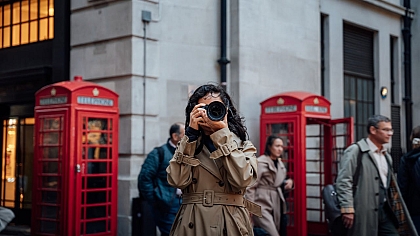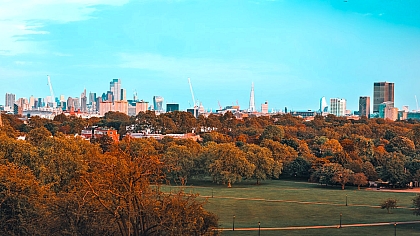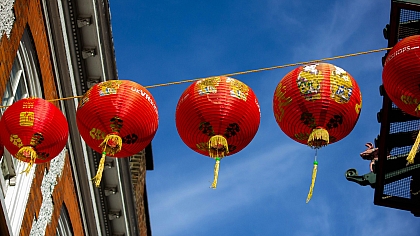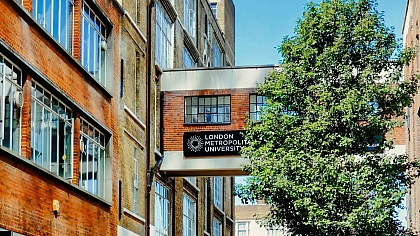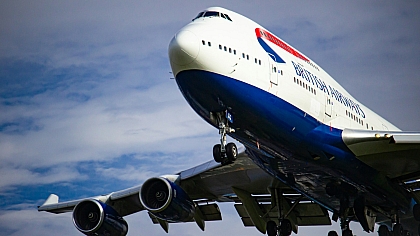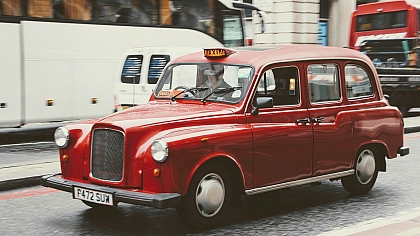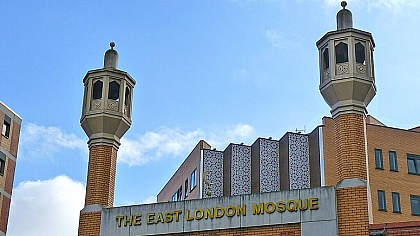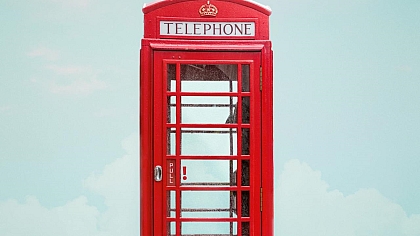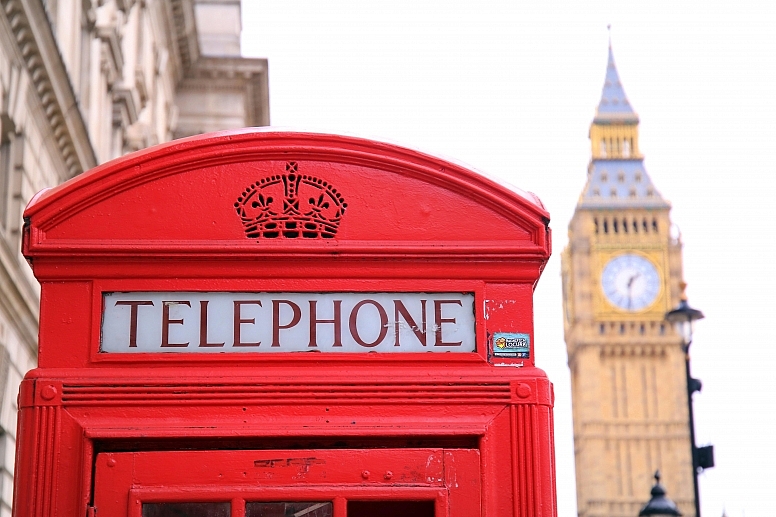
Budget Travel to London for a Student
Going to the United Kingdom is like travelling to another planet completely; there are two faucets in the bathroom sink instead of one, and the inhabitants speak in a different accent than in the United States.
What should you do if you've never gone to the Foggy Albion before to prevent getting lost and ending up in a complete mess?
The City of London, the capital of the United Kingdom, has a reputation for being one of the most expensive places in the world to live and do business. In British society, being hostile is considered a virtue. The fact that traditional English is taught at British language schools and universities is also a plus in our opinion.
Teachers are at the top of their game, applying tried-and-true tactics, and coming up with creative extracurricular activities to keep students engaged and interested.
Everything is oriented on assisting you in becoming competent in the English language, providing help with MBA essays and other types of writing, and communicating well with native speakers of the language.
Making a budget for a trip to London is a lot of fun since it helps you to save money while still getting to see and do as much as you possibly can while there. Let's get started!
Flights
When it comes to flying to London, the most reasonable months are February and March, while the most expensive months are July and during the holidays. The cheapest return flight from New York will cost you around 500 dollars.
Accommodation
Summer and December are the most expensive months to visit London and stay in hotels and apartments. When it rains in London, there are fewer tourists and reduced accommodation prices, especially during the rainy seasons of spring and autumn.
According to The Economist's list of the world's most expensive cities, anything in London will set you back a lot of money. If you're just going to be in town for a few days, staying in a hostel near the city centre will save you money.
The cost of a night's accommodation ranges from £13 to £40. Among other facilities, most hostels include free wifi, meals, and a common space with Netflix, among other things.
Budget hotels are the perfect choice if you place a high value on comfort and prefer to stay in a single room. Hotels in the city centre might cost as much as £50 a night, but you can save money by staying somewhere outside of the city centre instead.
Where should you stop? Inner London comprises the ceremonial county of the City of London, 32 boroughs, and six transport zones, which together form the heart of the city.
In addition to the boroughs of central London, there are 20 boroughs in "Outer London." Even though the city's attractions are most easily accessible from the city centre, the greatest bargains on London hotels may be found outside of the city's central area.
Before reserving a low-cost B&B hotel that is distant from the city centre, calculate how much time and money you will need to go to the destinations you want to see.
In certain cases, it may be less expensive to stay in a hotel near the city centre and take public transit rather than renting a cheap room on the outskirts of the city and paying daily tube and bus fees.
Food
A full English breakfast consists of a variety of foods such as bacon, sausages, beans, bread, eggs, and a hot beverage such as tea or coffee.
Given the fact that this is London, it is usually assumed that everything is given at a premium price here. Despite this, in a metropolis like New York City, where there is so much competition, you may find a broad variety of alternatives, ranging from inexpensive and delicious meals to high-quality cafés at reasonable prices.
Lunch at a London café is typically between £18 and £20 per person. If you shop in supermarkets and prepare your meals at home, you may be able to save money on food.
If you don't have the time to make meals, you may shop for ready-to-eat meals at shops such as Boots and Waitrose. Lidl, Morrisons, Aldi, and Asda are some grocery stores in London where shoppers may get the best bargains.
Sainsbury's and Tesco are considered to be of a lower standard, whilst Waitrose and Marks & Spencer are considered to be of a higher level - they are the most expensive, but their things are generally of a higher quality.
Commuting
Both the red London buses and the city's subway system are accessible. Taking public transportation should not be feared. Paying for public transit in London is easy using Oyster cards, which cost £5 each. Depending on the scenario, it can be topped up with money or a time-limited unlimited travel card (to buy a season ticket).
Cellular Service
Purchasing a local SIM card is the best way to avoid going bankrupt on your first day of calling and using the Internet when roaming. Lyca Mobile or Lebara are two examples. They provide low-cost internet bundles that include up to 100 minutes of international calling.
Small stores and newsstands, as well as the offices of mobile companies, sell SIM cards. Don't buy a SIM card at the airport since you'll end up paying an additional $10.
